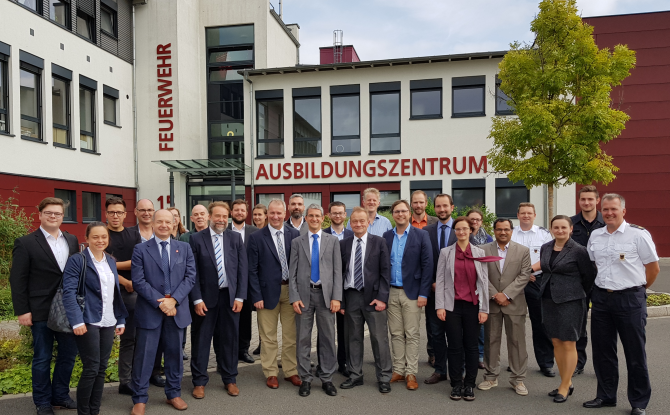The final review meeting of the European research project EmerGent (Emergency Management in Social Media Generation) took place on September 7th,2017 at the Dortmund Fire Brigade’s training centre. During the runtime of the project, the ten project partners have investigated the positive and negative influence of social media on emergency response. In addition to the presentation of significant research results, a live demonstration of the EmerGent IT system was held on the training grounds of the Dortmund Fire Brigade.
The project’s results have been published in a variety of scientific publications and reports and presented at numerous conferences. All public reports and publications can be found in the publications section of our website.
EmerGent achieved all its goals and milestones, including:
- Assessment of the impact of social media in emergencies for emergency services (EMS) and citizens
- Conduction of representative studies to assess the potentials of social media in emergencies for EMS and citizens as well as to evaluate their attitudes towards social media
- Development of information mining methods to extract valuable information from social media data
- Development and evaluation of a model for measuring and analysing information quality
- Creation of a semantic data model for structuring information from social networks and linking it to emergency domain knowledge
- Design and implementation of tools and methods for EMS and citizens to enable direct and indirect two-way communication, f.e. an application to report emergencies and supply information to authorities and an interface for EMS, providing tools for enhanced social media data visualisation, filtering and communication
- Conduction of a dissemination and marketing campaign to engage users
- Development of guidelines to increase the benefit of social media in emergencies for EMS and citizens
The project was coordinated by Prof. Dr.-Ing. Rainer Koch and Matthias Habdank, M. Sc., from the University of Paderborn. Besides the University of Paderborn, the following project partners were involved in the EmerGent project:
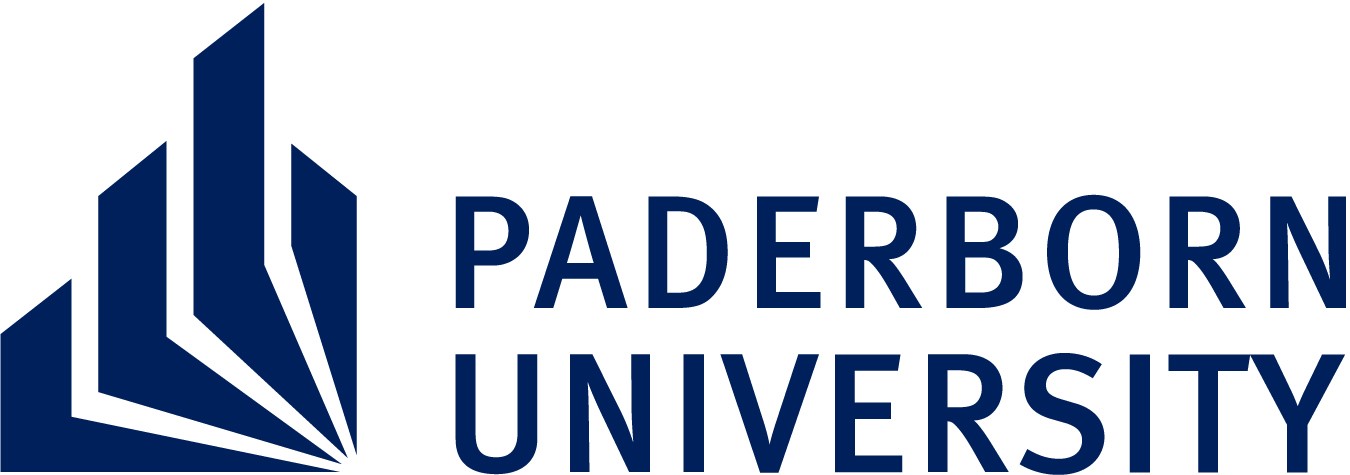
University of Paderborn

Oxford Computer Consultants

University of Siegen
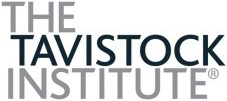
Tavistock Institute of Human Relations
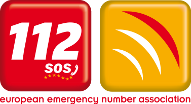
European Emergency Number Association

Stiftinga Vestlandsforsking

Intelligence for Environment and Security
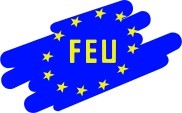
Federation of the European Union Fire Officer Associations

City of Dortmund Fire Brigade

Centrum Naukowo-Badawcze Ochrony Przeciwpożarowj

